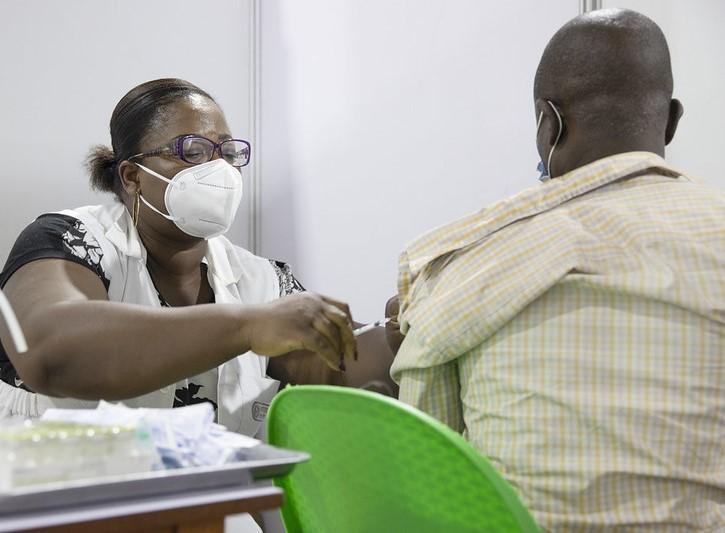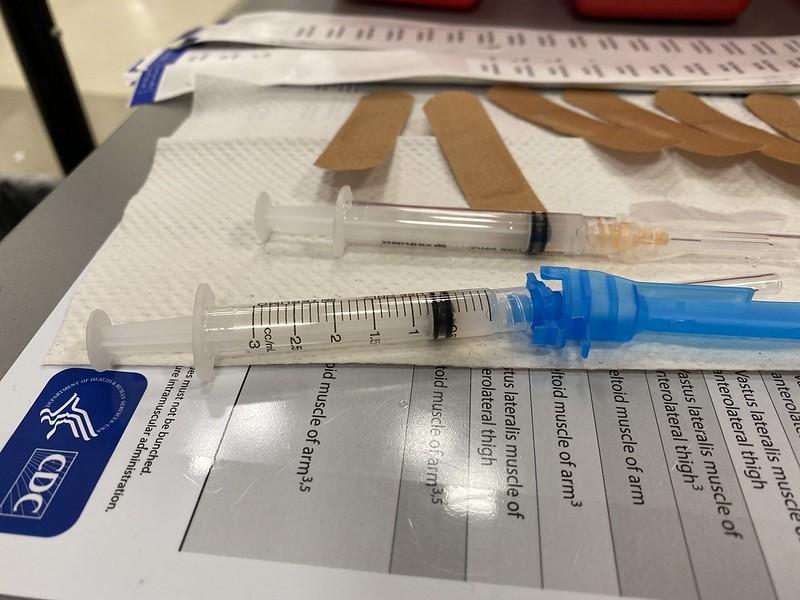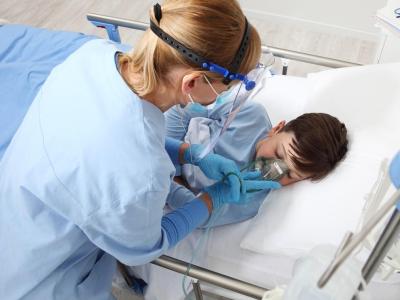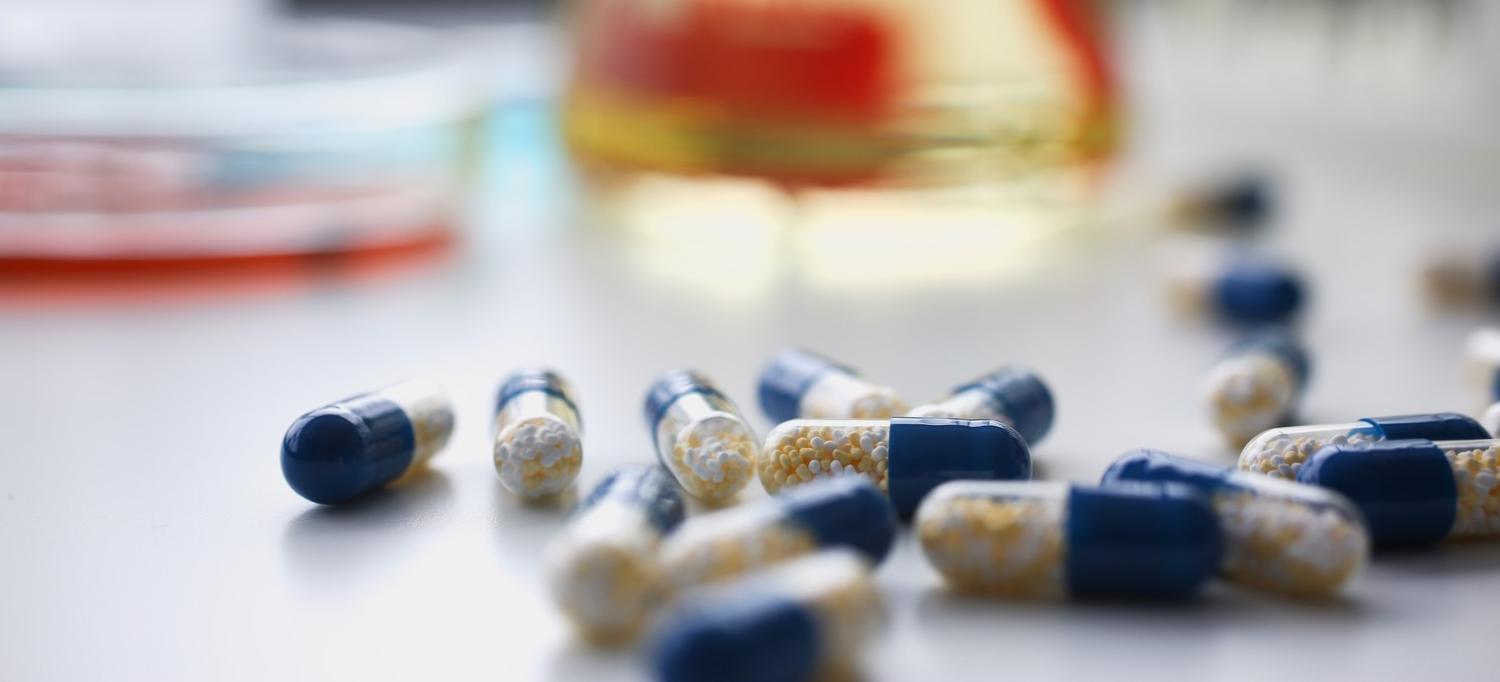
Headache, fatigue, malaise, and chills after COVID-19 vaccination are signs the immune system is marshalling a strong response against future infection, suggests a study posted today in the Annals of Internal Medicine.
University of California at San Francisco (UCSF) investigators analyzed serum neutralizing antibody (nAB) levels against the wild-type SARS-CoV-2 strain and daily symptom surveys in 363 unvaccinated, never-infected adults given two doses of an mRNA COVID-19 vaccine in 2021.
About 40% of the participants also wore a biometric device to measure their skin temperature and heart and breathing rate. Most participants were in their 40s to 60s.
Higher antibody levels after second dose
One and 6 months after receipt of the second vaccine dose, fatigue, malaise, chills, and headache were each tied to 1.4- to 1.6-fold higher nAB concentrations. nAB levels in participants who experienced at least seven symptoms were nearly double the levels of those who reported no symptoms.
In participants who wore a biometric device, each 1°C (1.8°F) increase in skin temperature after the second dose was associated with 1.8-fold and 3.1-fold higher nAB levels 1 and 6 months later.
"Generally, we found that the higher the number of side effects, the higher the level of antibodies," first author Ethan Dutcher, MD, PhD, said in a UCSF news release. "But this wasn't a hard rule: some people without side effects had better antibodies than some people with side effects."
The team noted that concerns about vaccine side effects often contribute to vaccine hesitancy. "The toll of COVID is still high for some—sickness, lost work, lasting fatigue and the dreaded long COVID," co–senior author Elissa Epel, PhD, said in the release. "While the symptoms from vaccination can be very unpleasant, it's important to remember that they don't come close to the disease's potential complications," she said.















